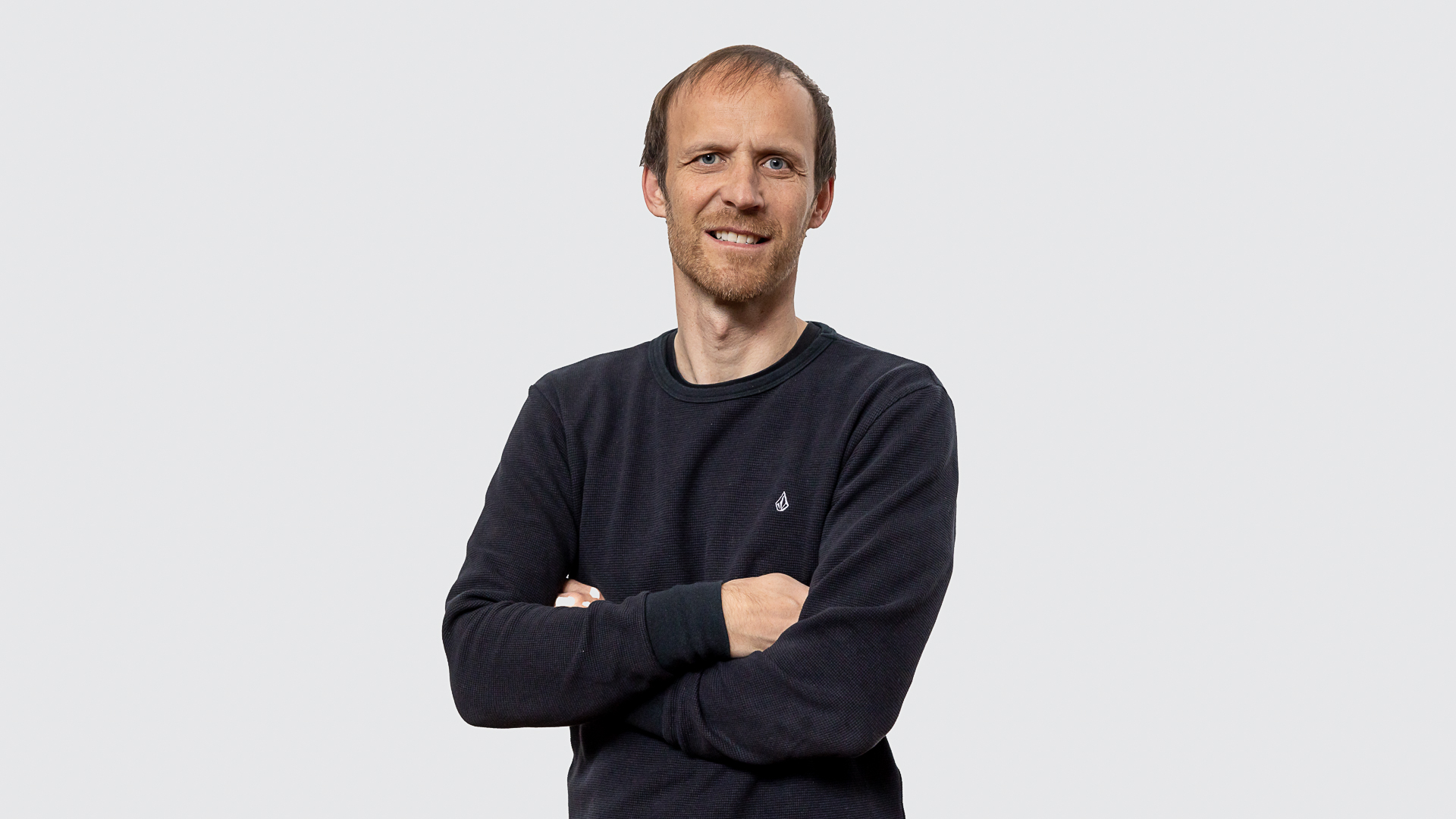The young researcher will investigate in the field of quantum materials, more precisely, geometrically frustrated magnetic systems. This is nowadays one of the most thriving fields with many open questions and great potential in emerging quantum technologies. The research will be mainly experimental, focusing on modern magnetic techniques. The work will include performing experiments in Slovenia and abroad, collaborating with renown foreign researchers, and will interweave experimental findings with the latest theories in the field. The candidate will join our dynamical Quantum Materials Group and will collaborate with and learn from its members. The main objective will be to thoroughly investigate and understand unconventional quantum-spin-liquid magnetic states in some two-dimensional magnets, which have been recently discovered in our research group.
At low temperatures, magnetic moments (spins) in almost any material order. On special spin lattices, however, magnetic interaction of a spin with its neighbors may compete in a way to preclude magnetic ordering, an effect known as geometrical frustration. In such cases the ground state may remain disordered even at zero temperature and may exhibits other unusual properties. This is a magnetic analogue of the liquid state of matter, therefore it is dubbed quantum spin liquid, even though it is found in solids. This state is characterized by strong quantum entanglement, which makes it of high technological potential, for instance in fault-tolerant quantum computing. On the other hand, the quantum spin liquid is also of fundamental interest, as it represents a manifestation of quantum mechanics on the macroscopic scale, similarly as high-temperature superconductivity. Therefore, it comes as no surprise that the interest in quantum spin liquids in the scientific community is nowadays growing exponentially.
Experimental detection and characterization of quantum spin liquids is non-trivial. Local magnetic techniques and neutron scattering are the most promising in this respect. In the Quantum Material Group, we successfully combine different techniques, including electron spin resonance (ESR), nuclear magnetic resonance (NMR), muon spectroscopy (mSR), and neutron scattering (NS). The ESR and NMR experiments, which represent the core of our research, are performed at the Jožef Stefan Institute, while mSR and NS experiments require large-scale facilities. Therefore, we perform these experiments several times a year at European leading specialized centers, such as the Paul Scherrer Institute in Switzerland, the Rutherford Appleton Laboratory in the United Kingdom, and the Institute Laue-Langevin in France. It is the combination of different complementary techniques that has recently led us to some groundbreaking and high-profile discoveries, such as the discovery of a novel highly anisotropic quantum spin liquid on a triangular lattice, or the first discovery of Kondo effect in a quantum spin liquid.
